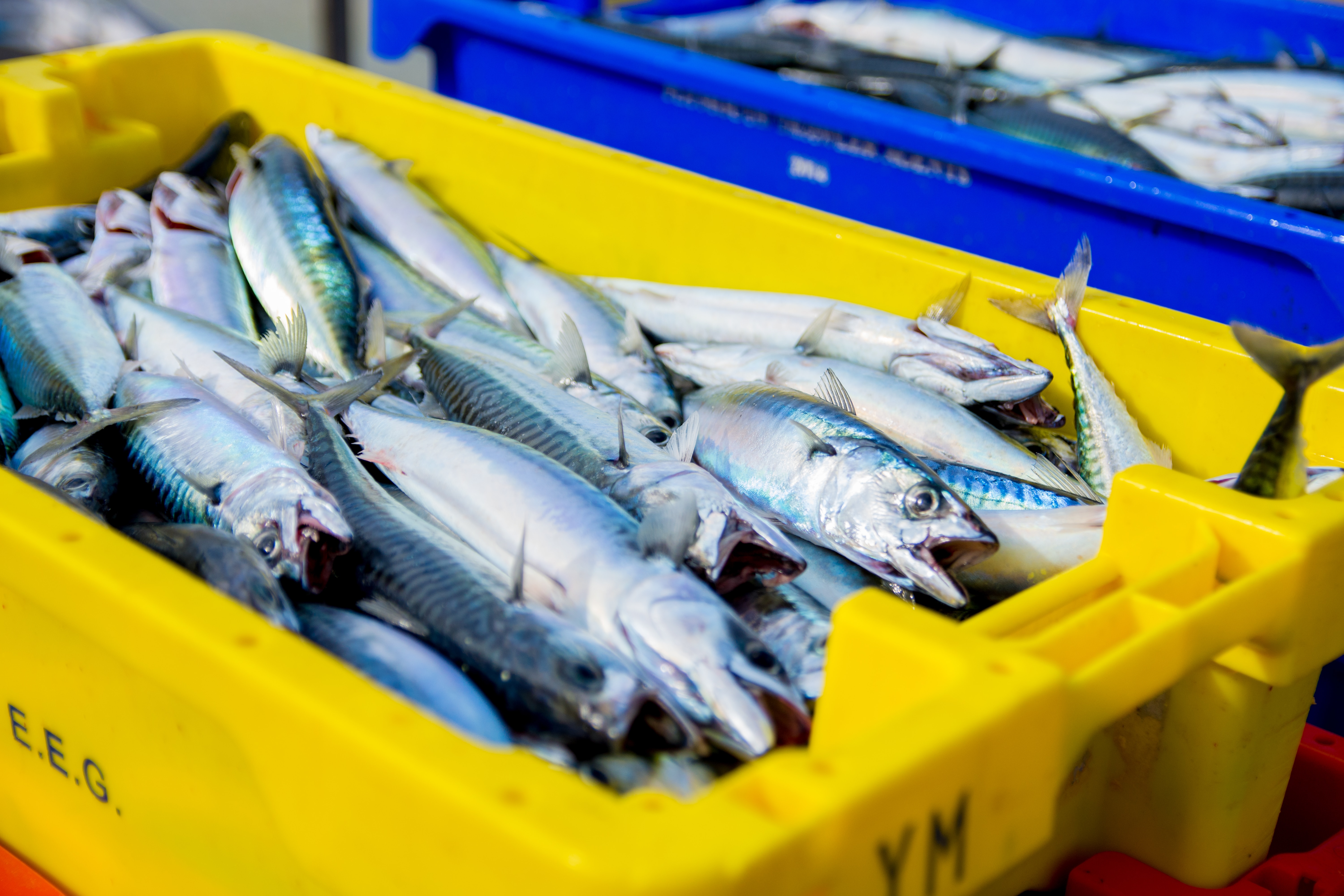
A Deep Dive into the Moroccan Fishing Industry: Import Opportunities
With a coastline extending over 3,500 kilometers on both the Atlantic Ocean and the Mediterranean Sea, Morocco boasts one of the most productive and diverse fishing industries in the world. This richness in marine resources has positioned Morocco as a significant player in the global seafood market, creating promising import opportunities for businesses around the world. Let's dive deep into this vibrant sector to explore its potential.
The Bounty of Moroccan Waters
Morocco's marine bounty is abundant and varied, encompassing a wide range of species that thrive in its nutrient-rich waters. From high-value species such as sea bass, sole, and octopus, to shellfish like oysters and mussels, and of course, the omnipresent sardines, the Moroccan seas are teeming with seafood of exceptional quality.
The jewel of the Moroccan fishing industry is arguably its sardine haul. Morocco is one of the world's leading exporters of sardines, and the quality of its catch has earned global recognition. These small fish, rich in Omega-3 fatty acids, are canned, frozen, or used in fishmeal and oil production, marking diverse uses that cater to different market demands.
A Commitment to Sustainability
What sets Morocco's fishing industry apart is its commitment to sustainable practices. Morocco has implemented a 'Halieutis' strategy aimed at preserving fishery resources and promoting responsible fishing practices. The strategy involves rigorous control systems, restrictions on fishing periods, and modernization of the fishing fleet. As a result, Morocco's fishing sector is increasingly seen as a model for sustainability, offering importers access to ethically sourced seafood that meets the rising global demand for sustainability.
Quality Assurance and Traceability
Alongside its commitment to sustainable practices, the Moroccan fishing industry also takes stringent measures to ensure the quality and safety of its products. A comprehensive quality control system, guided by international standards, ensures that seafood products from Morocco are safe, wholesome, and of high quality.
Furthermore, initiatives have been taken to implement a traceability system across the value chain. This allows for complete transparency from catch to plate, offering importers and consumers alike the assurance that their seafood has been responsibly sourced and handled with care.
A Sea of Import Opportunities
The combination of diverse species, sustainable practices, stringent quality control, and robust traceability makes Moroccan seafood a compelling proposition for importers. Whether it's canned sardines for supermarket shelves, fresh seafood for restaurants, or fishmeal for animal feed industries, Moroccan fisheries can cater to a wide range of needs.
Importers also have the opportunity to tap into the burgeoning market for value-added seafood products. Moroccan producers are increasingly venturing into prepared and packaged seafood products, such as smoked fish and marinated seafood, which cater to the growing global demand for convenience and ready-to-eat options.
Finally, importing Moroccan seafood also contributes to supporting coastal communities in Morocco. The fishing industry is a vital source of income for these communities, and by sourcing from them, businesses can support livelihoods while gaining access to high-quality seafood.
Taking the plunge into the Moroccan fishing industry offers a wave of opportunities. Businesses stand to gain access to a diverse range of high-quality, sustainably sourced seafood, cater to emerging consumer trends, and support responsible fishing practices. It's not just a deep dive into the marine treasures of Morocco, but a voyage into a sea of business potential.
